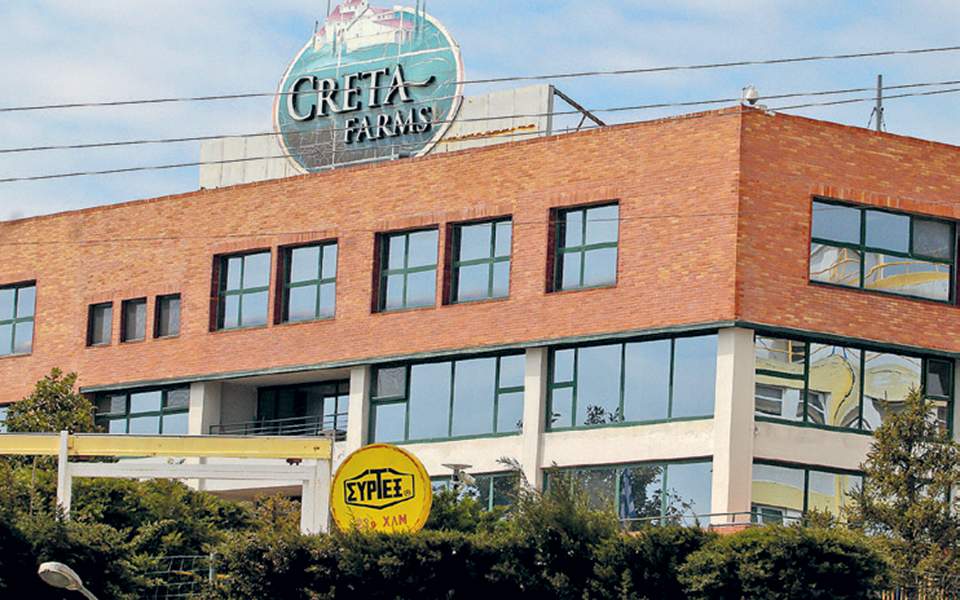Food processing company Bella Bulgaria, part of Dutch-based Impala Invest Group, said that it has acquired Greek processed meat and dairy food producer Creta Farms for an undisclosed price.
Bella acquired Creta Farms under a decision by a Greek court based in Rethymno, on the island of Crete, the Bulgarian company said in a statement on Wednesday.
According to the statement, the Rethymno court selected Bella Bulgaria as new owner of troubled Creta Farms in a procedure in which several candidates seeking to acquire Creta Farms competed by offering business restructuring plans for the Greek company.
The business restructuring plan proposed by Bella Bulgaria envisages 64% reduction of Creta Farms’ debt.
According to Impala Invest Group, this is the biggest foreign investment by a Bulgarian food company, Bella Bulgaria noted, adding that its parent company aims to position Creta Farms as market leader in the near future.
Earlier this year, the Greek competition authority approved a proposed acquisition of sole control of Creta Farms and its subsidiary, Greece’s Teto-Farm, by Bella Bulgaria, through the Greece-based subsidiary of the Bulgarian food processing company – Impalla Hellas.
“According to the Decision, the notified transaction does not raise serious doubts as to its compatibility with merger control rules in the relevant markets concerned by the concentration (meat, cold cuts and quick meals),” the Greek anti-trust body said in a notice in April.
Last year, Bella Bulgaria acquired Hungarian peer Marathon Foods for 12 million levs ($6.9 million/6.1 million euro). With this investment Bella Bulgaria targets active presence in food deliveries to the markets of Western Europe, which is in line with the company’s capacity expansion plans, Bella Bulgaria said at the time.
Bella Bulgaria, founded in 1997, has nine factories with a combined output of 350 tonnes of food per day as well as a portfolio of over 200 products. The company has affiliates in Romania and Greece.
Creta Farms owns two production plants – in Rethymno and Krioneri, as well as three storage facilities – in Iraklion, Patras and Thessaloniki.

